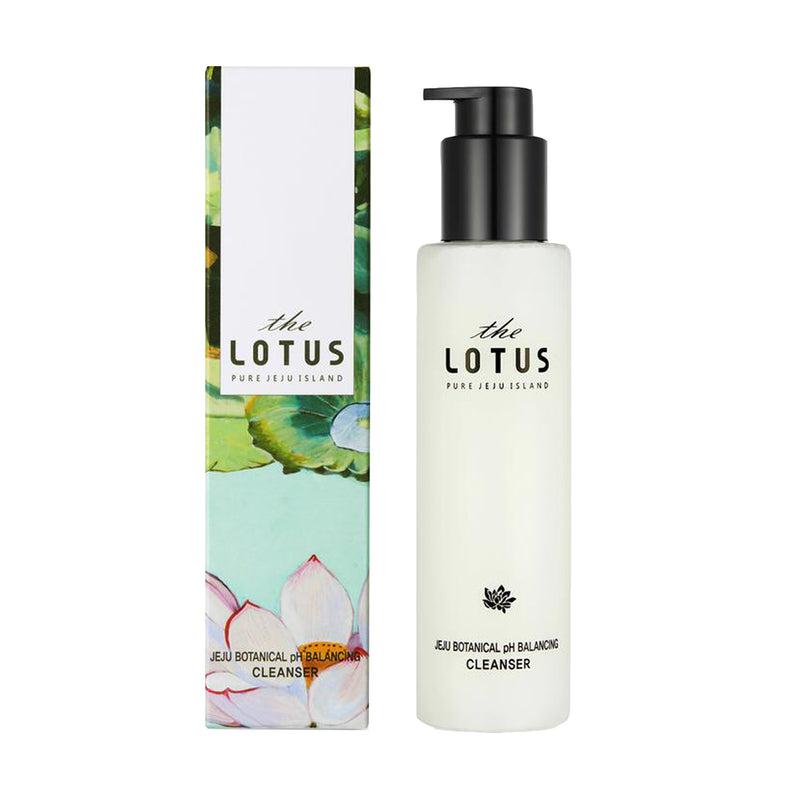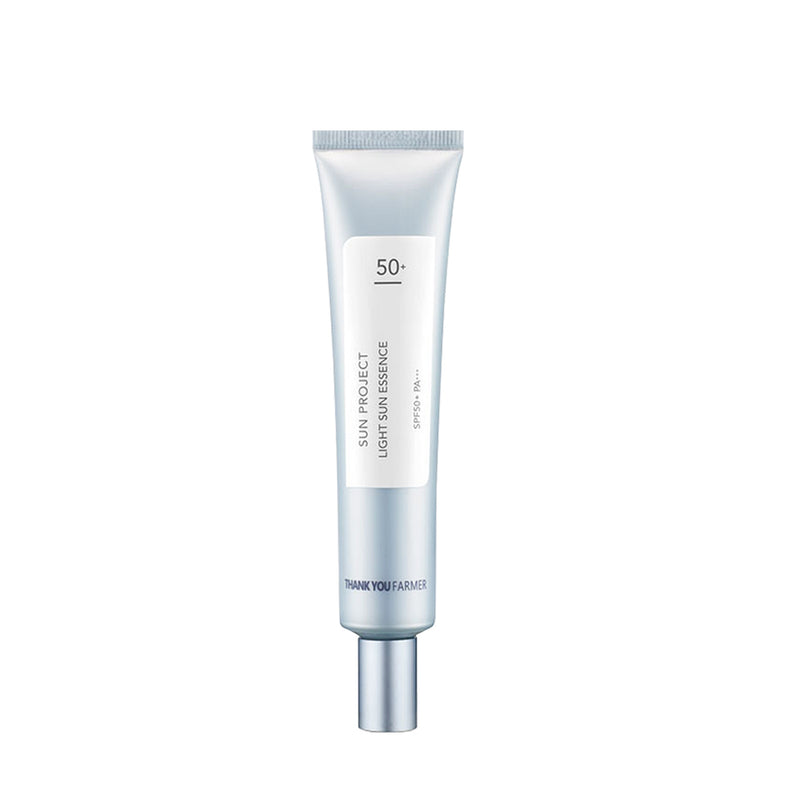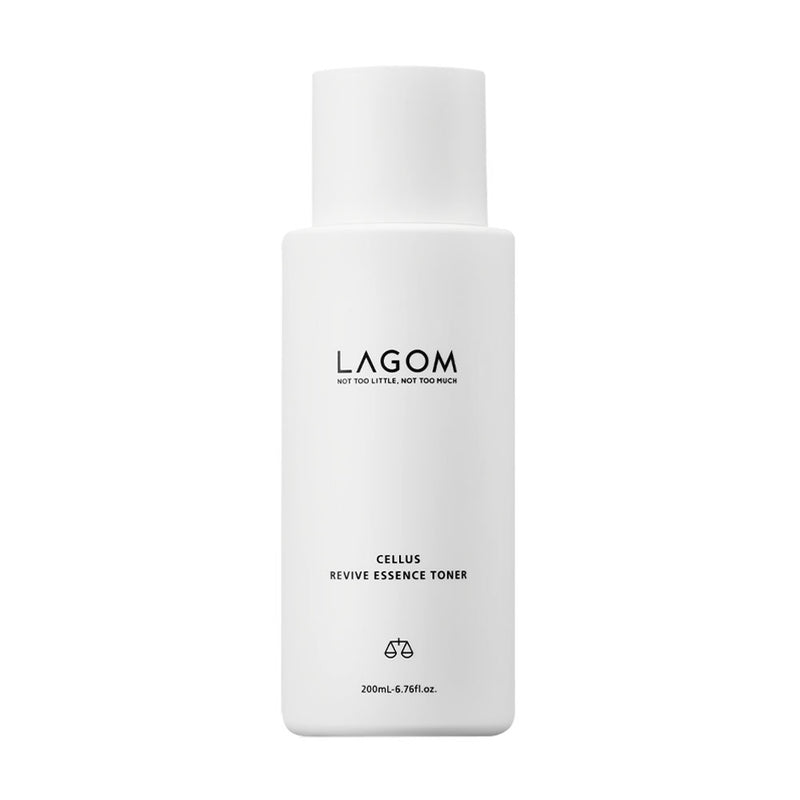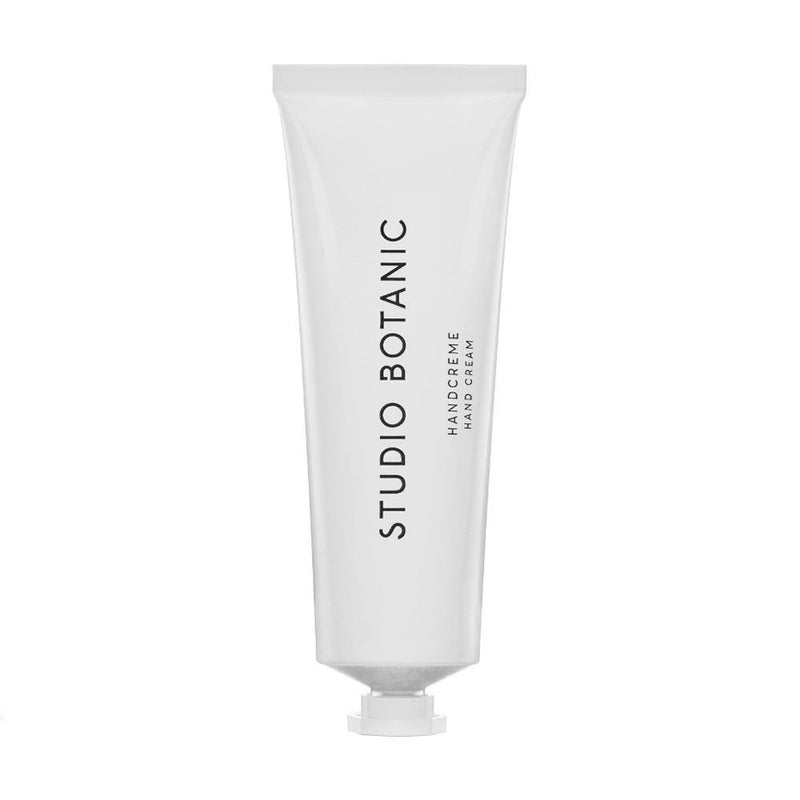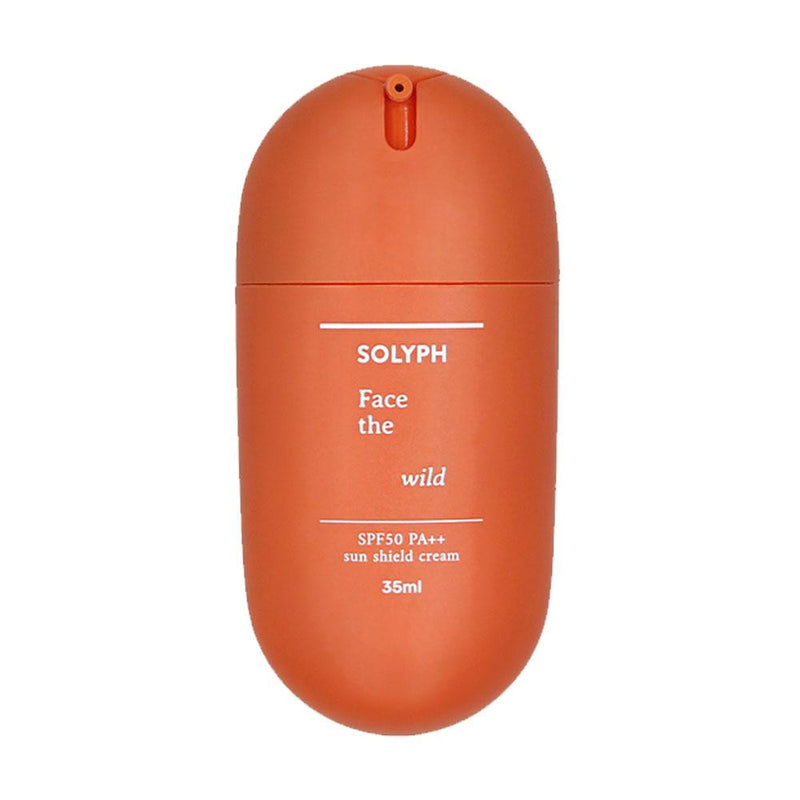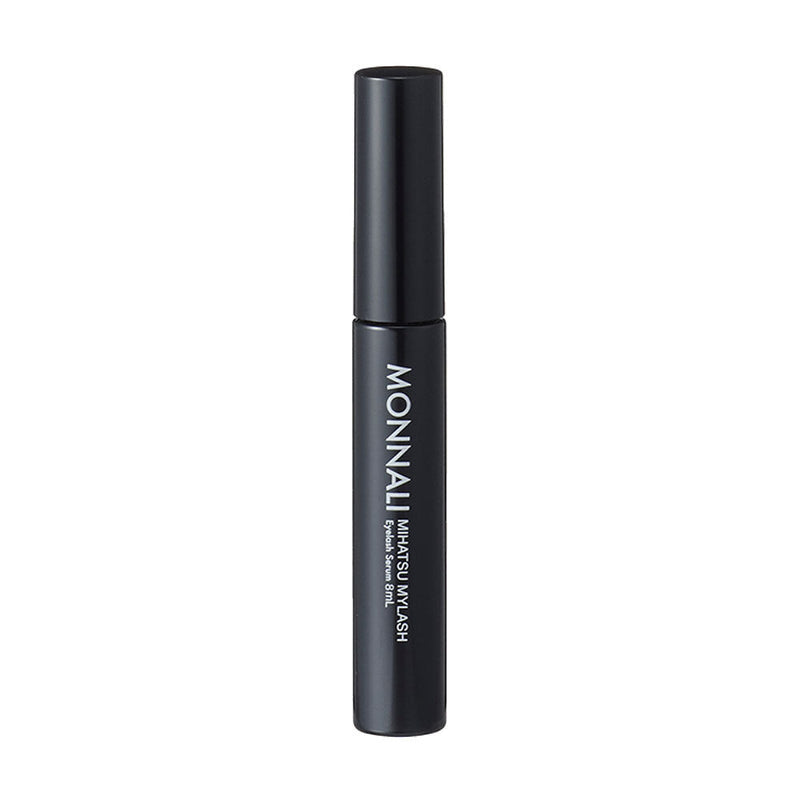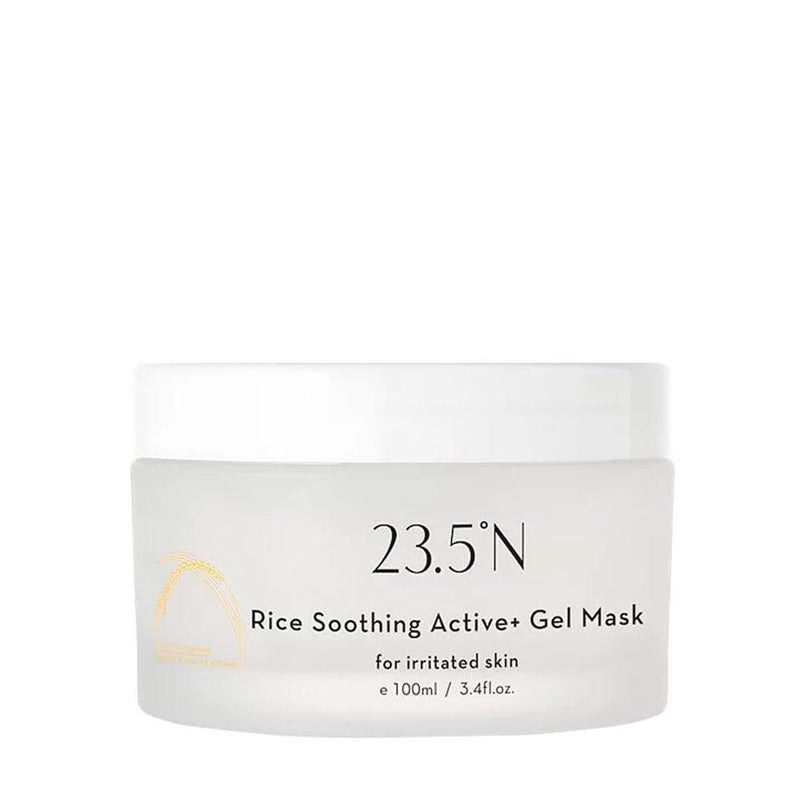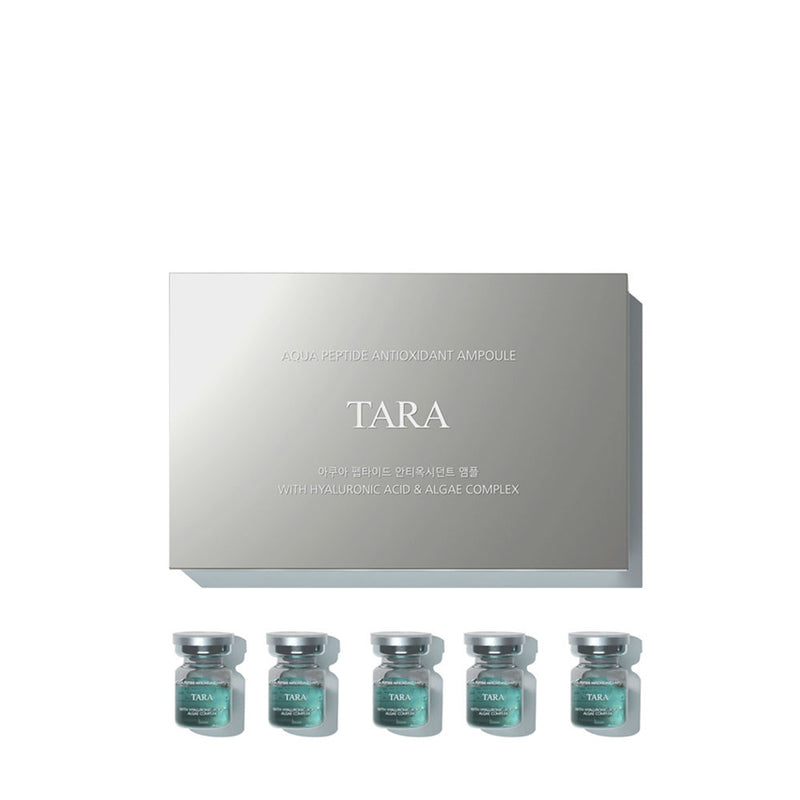Growing a new human inside your body is legitimately amazing but it can come with a whole new slew of things to worry about, such as people randomly feeling like they have the right to touch your belly. Included in that list is your skincare routine.
The reason why some skincare products are potentially harmful during pregnancy is pretty straightforward. Your baby is like a sponge for all the things you put on and inside your body. Once they are in circulation within your bloodstream, these substances have the potential to cross the placenta and affect your developing foetus. Which is why it is incredibly important to know what skincare ingredients to avoid when you’re pregnant.
But during pregnancy, avoiding skincare altogether might not be ideal or even feasible. During pregnancy, your skin often requires extra love as hormonal changes can result in additional skin concerns like new or worsening acne, pigmentation, and even an accelerated loss of collagen and elastin.
“There is also a change in the immune system during pregnancy which is responsible for leaving the skin more sensitive. As such, some of your pre-pregnancy products may not work as well as they used to during your pregnancy”, explains Dr Jo Mennie, who specialises in infertility and pregnancy skincare.
While women respond differently to skincare ingredients depending on individual skin type and sensitivities, there are some hard and fast rules about what to avoid during pregnancy. We take a look below at some common ingredients that you might find in the products from your usual skincare routine that aren't too pregnancy-friendly. So, time to change up your basic skincare routine to cater to your growing little bundle of joy!
01 Retinol (And Vitamin A Derivatives)

Retinol, a derivative of Vitamin A , is commonly found in acne treatments or anti-ageing facial skincare products to boost collagen production to rejuvenate skin and reduce fine lines and wrinkles. While Vitamin A is a crucial ingredient for optimal skin condition, your body converts excess Vitamin A into retinol, which can negatively affect your baby's development. In some serious cases, it might lead to miscarriage, premature delivery, and various congenital disabilities.
For instance, research has shown that Accutane, a common type of prescription oral retinoid used to treat acne, poses a 20 to 35 percent risk of severe congenital defects, with up to 60 per cent of children showing neurocognitive problems. Other Vitamin A derivatives to watch out for and avoid include retinyl retinoate, retinaldehyde or hydroxypinacolone retinoate.
Although Accutane is consumed orally, topical retinoids in many facial skincare products can still be absorbed into your bloodstream through your skin. It is difficult to replicate the effects of retinol with other skincare ingredients but if you are using retinol for anti-ageing purposes, try Bakuchiol, Lactic Acid or other natural ingredients rich in Beta-carotene, Vitamin C and Vitamin E like Rosehip Oil.

The Rejuvenate Nutri-Serum is a natural, clean and vegan serum that uses Bakuchiol instead of retinoids.
02 High Doses of Salicylic Acid
Salicylic Acid is the most common type of BHA. It is great for exfoliating your skin and is often used in treating certain skin concerns, including acne, skin inflammation, and redness. Salicylic Acid can also be found in aspirin to tackle headaches. Studies have shown that high doses have been linked to causing birth defects and various pregnancy complications.
Getting acne during pregnancy is actually pretty common and you might be tempted to use Salicylic Acid products. Thankfully, Salicylic is considered safe in low concentrations (2% or lower). Be mindful of the concentration that you are applying and avoid excessive or frequent use of Salicylic Acid (more than twice a day).
It’s also important to note that face or body peels containing Salicylic Acid pose a greater risk than face creams as the skin absorbs very little of it. But if you are still concerned, there are alternatives such as Glycolic Acid, an AHA derived from sugarcane that is an effective anti-acne treatment that is also safe for use during pregnancy.
03 Formaldehyde

A common ingredient in many nail polishes and some hair and skincare products, Formaldehyde is often used as a preservative to prolong shelf life and prevent bacterial contamination. Its use as a preservative and disinfectant in beauty products has become severely limited after it was found to be carcinogen in 2014. However, just to be safe, check and double-check your skincare to avoid it. Pregnant or not, you should never be using products containing Formaldehyde.
04 Oxybenzone aka Chemical Sunscreens

Oxybenzone is one of the most common active ingredients used in chemical sunscreens. Chemical sunscreens work by getting absorbed into the skin and undergoes a chemical reaction turning UV rays into heat thereby neutralising any UV damage. That it is designed to get absorbed by the skin is in itself the problem with all chemical sunscreen products.
Usually safe for frequent daily use in adults, chemical sunscreens have been linked to permanent fetal damage, associated with developing neurological conditions in adulthood such as Alzheimer's disease. “This is due to their absorption into the bloodstream and concerns about hormone disruption,” says Dr Mennie, “Some studies show that those disruptors can play a major role in fetal health.”
Thankfully, the solution to this isn’t to stop wearing sunscreen, it's an essential part of any basic skincare routine especially if premature ageing is a concern. Simply switch over to a physical or natural sunscreen, also called a mineral sunscreen because it uses minerals like Zinc Oxide and Titanium Oxide to reflect the sun’s harmful rays.

The Face The Wild Sunscreen from Solyph is a physical sunscreen that uses a combination of Zinc Oxide and Titanium Dioxide to protect your skin from harmful UV rays.
About the writer

Stacy Liu, an American-born Chinese, is the beauty editor at Asian Beauty X obsessively writing about new beauty launches, the best hair products, and the skincare formulas that really work for every skin type.
